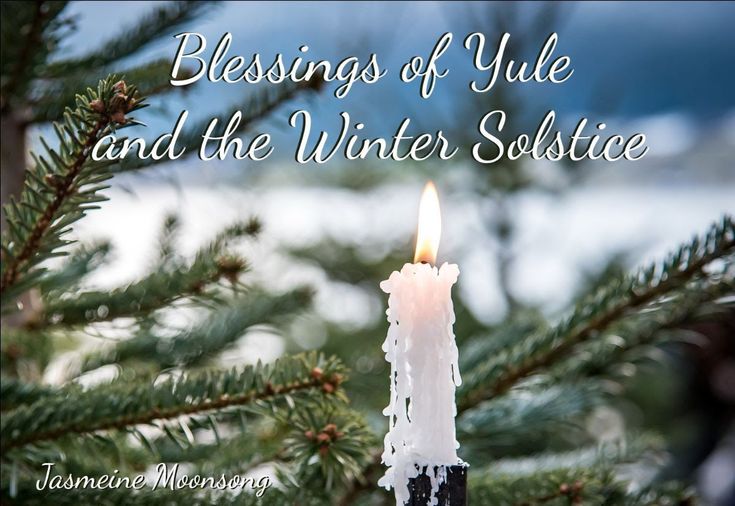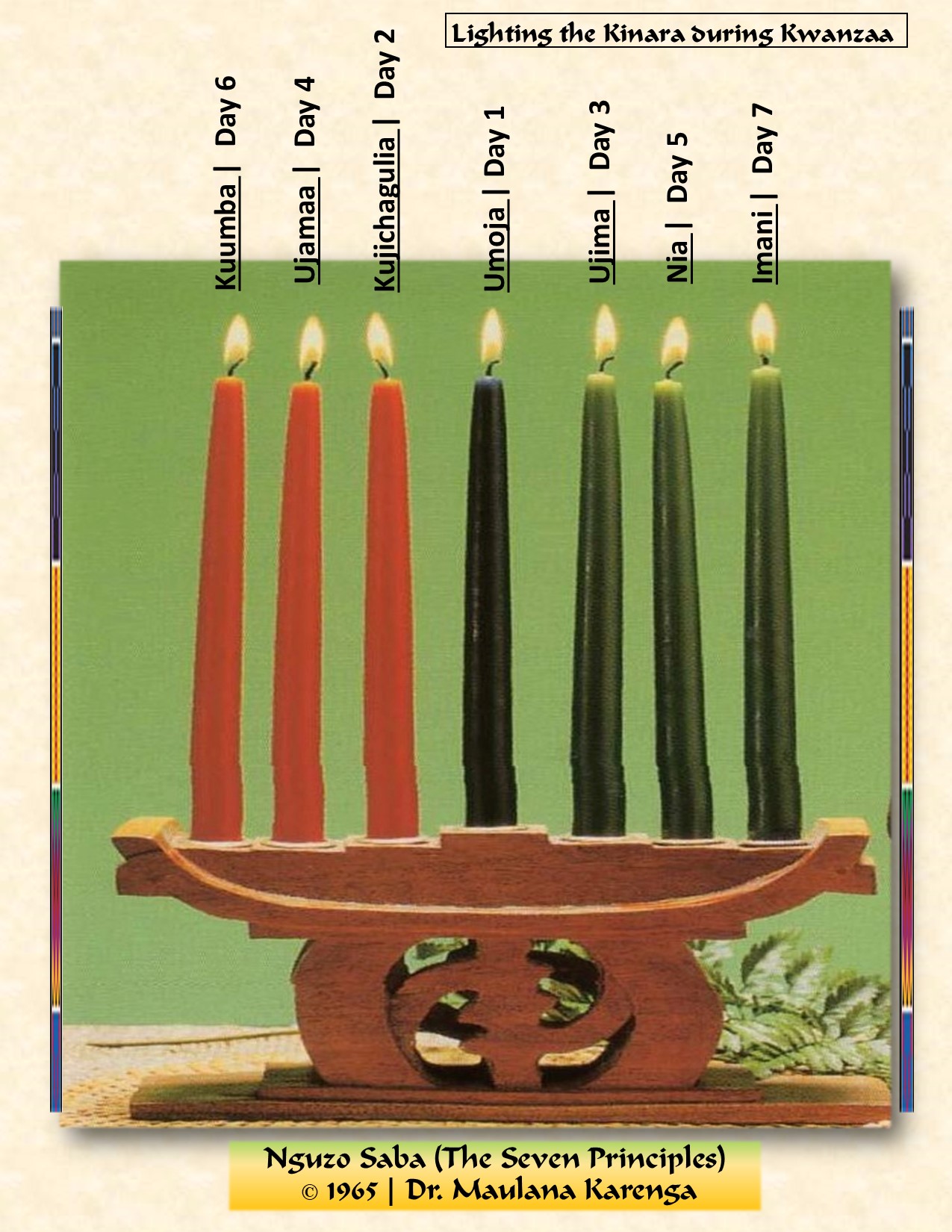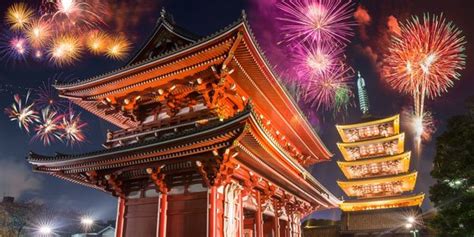
Winter is a time of celebration and festivities across many cultures and countries. While Christmas is one of the most widely recognized winter holidays, there are numerous other significant celebrations that take place during this time of year. In this article, we will explore some of the lesser-known winter holidays beyond Christmas.
Winter holidays offer a chance to connect with loved ones, engage in traditional activities, and create lasting memories. From the vibrant lights of Diwali to the joyful sounds of Kwanzaa, each celebration has its unique customs and traditions. Whether you're looking to learn more about your own heritage or simply want to experience the diversity of winter festivities, there's something for everyone.
The History of Winter Holidays
Winter has long been a time of celebration for many cultures. The winter solstice, which typically falls on December 21 or 22, marks the shortest day of the year and the beginning of the lengthening of days. Many ancient cultures celebrated this time of year as a symbol of renewal and hope.
The ancient Romans, for example, celebrated the festival of Saturnalia in December, which involved feasting, gift-giving, and merriment. Germanic tribes in Northern Europe observed the festival of Yule, which involved the lighting of fires and the exchange of gifts.
Over time, these early winter festivals evolved and merged with other cultural and religious traditions. Today, winter holidays are an integral part of many cultures and societies around the world.
Diwali: The Hindu Festival of Lights
Diwali, also known as Deepavali, is a five-day Hindu festival that celebrates the triumph of light over darkness. It is observed in October or November, depending on the lunar calendar.
During Diwali, Hindus around the world light diyas, or small clay lamps, to symbolize the victory of good over evil. The festival also involves the exchange of gifts, the sharing of sweets, and the worship of various deities.

Kwanzaa: A Celebration of African Heritage
Kwanzaa is a week-long celebration that honors African heritage and culture. It was created in 1966 by Maulana Karenga and is observed from December 26 to January 1.
During Kwanzaa, families and communities come together to reflect on seven principles known as the Nguzo Saba. These principles include unity, self-determination, collective work and responsibility, cooperative economics, purpose, creativity, and faith.
Kwanzaa celebrations involve the lighting of the kinara, a seven-branched candleholder, as well as the exchange of gifts and the sharing of traditional African dishes.

Hanukkah: The Jewish Festival of Light
Hanukkah is an eight-day Jewish festival that celebrates the miracle of the oil that burned in the Temple of Jerusalem during the Maccabean Revolt.
During Hanukkah, Jews around the world light the hanukkiah, a nine-branched candleholder, and exchange gifts. The festival also involves the eating of traditional foods, such as latkes and sufganiyot.

Omisoka: The Japanese New Year
Omisoka is the Japanese New Year, which is celebrated on December 31. The festival involves the cleaning of homes, the decoration of trees with ornaments, and the eating of traditional foods, such as toshikoshi soba.
During Omisoka, families and friends come together to reflect on the past year and look forward to the new one. The festival also involves the visiting of shrines and temples, where people pray for good luck and prosperity.

Yule: The Winter Solstice
Yule is an ancient Germanic festival that celebrates the winter solstice. The festival involves the lighting of fires, the exchange of gifts, and the worship of various deities.
During Yule, families and communities come together to feast, sing, and dance. The festival also involves the decoration of trees with ornaments and the eating of traditional foods, such as mulled wine and roasted meats.

Conclusion
Winter holidays offer a chance to connect with loved ones, engage in traditional activities, and create lasting memories. From the vibrant lights of Diwali to the joyful sounds of Kwanzaa, each celebration has its unique customs and traditions.
Whether you're looking to learn more about your own heritage or simply want to experience the diversity of winter festivities, there's something for everyone. So, take some time to explore the many winter holidays beyond Christmas, and discover the rich cultural heritage that surrounds us.




What is Diwali?
+Diwali is a five-day Hindu festival that celebrates the triumph of light over darkness.
What is Kwanzaa?
+Kwanzaa is a week-long celebration that honors African heritage and culture.
What is Hanukkah?
+Hanukkah is an eight-day Jewish festival that celebrates the miracle of the oil that burned in the Temple of Jerusalem.